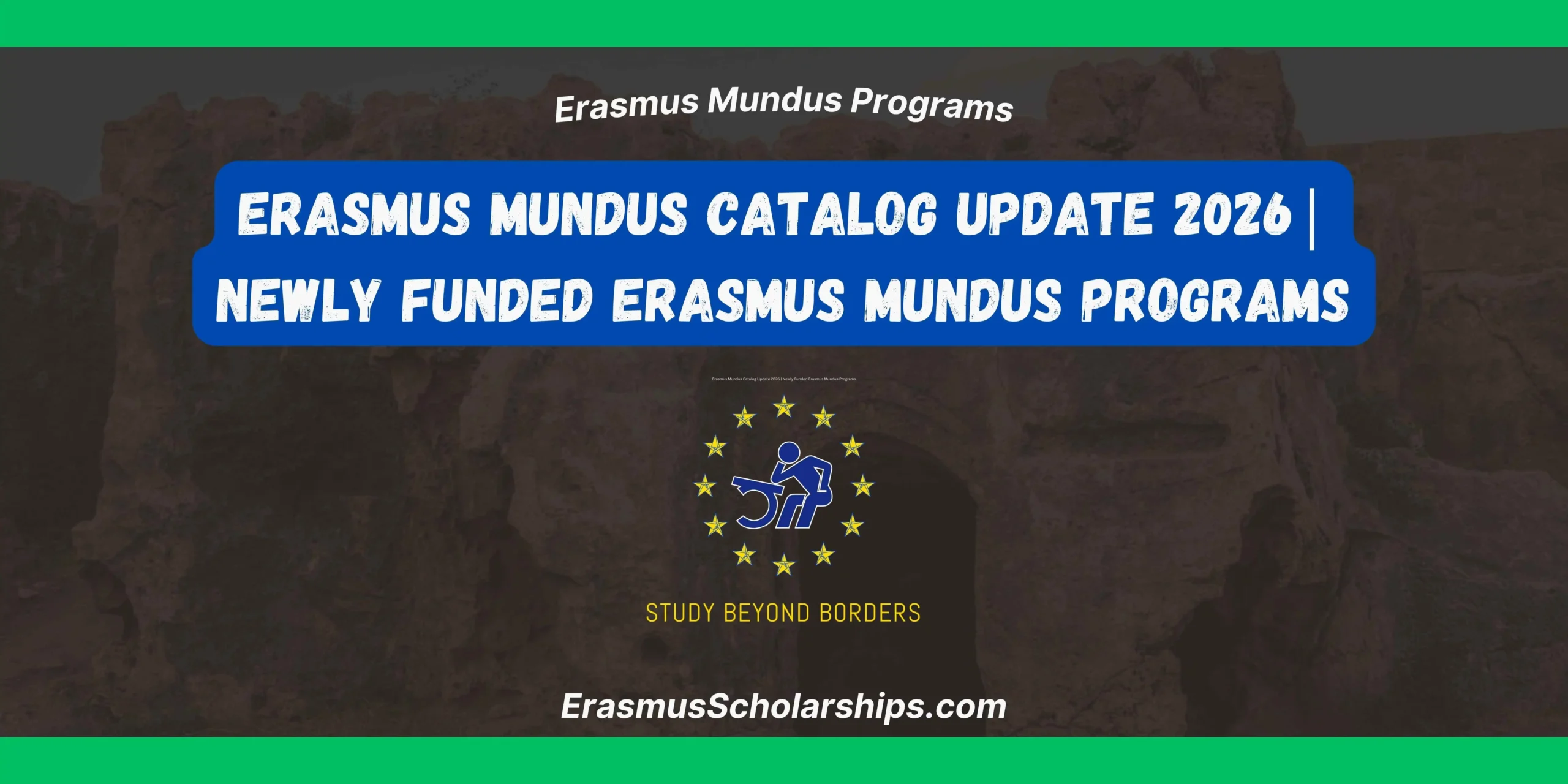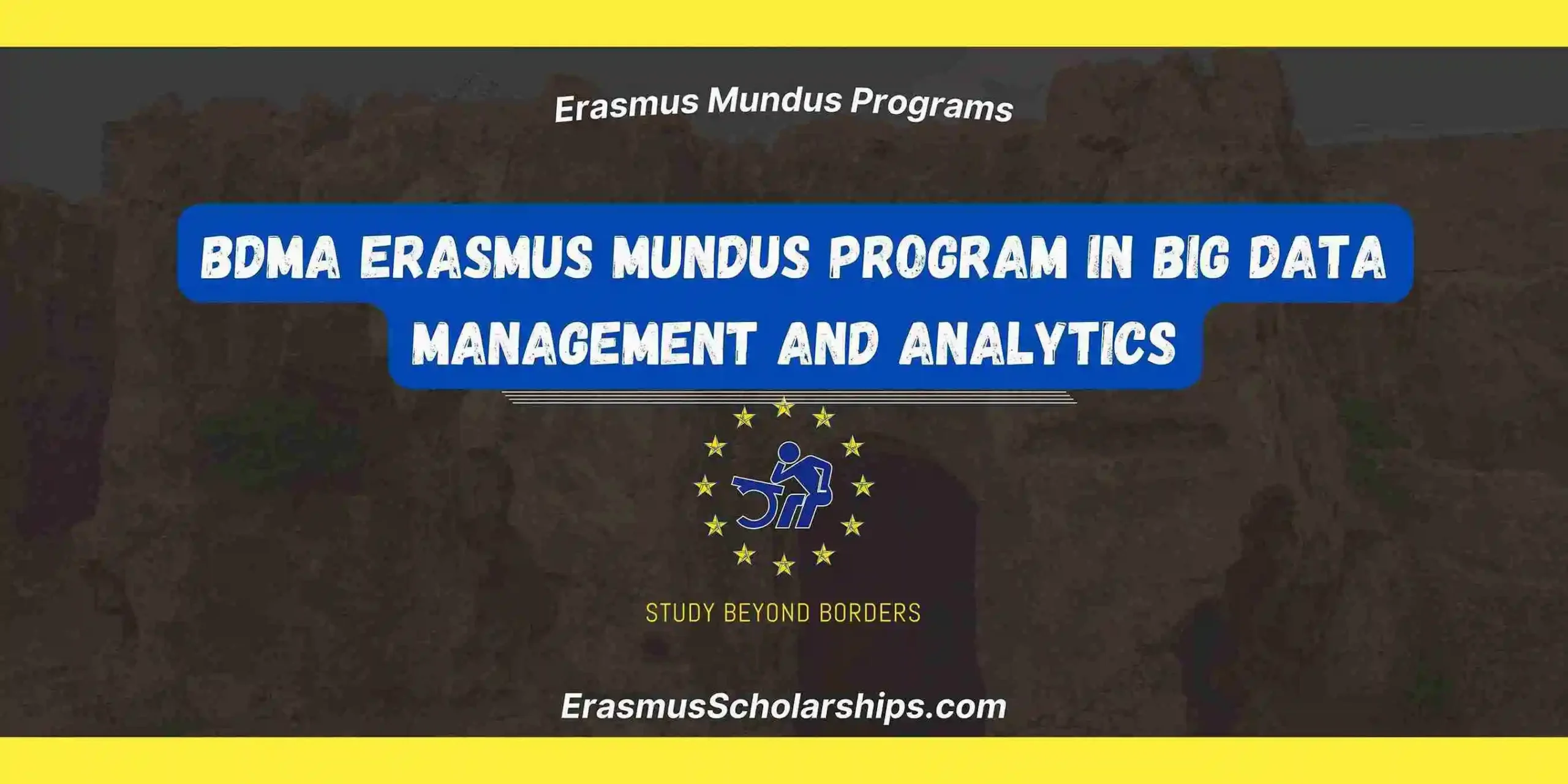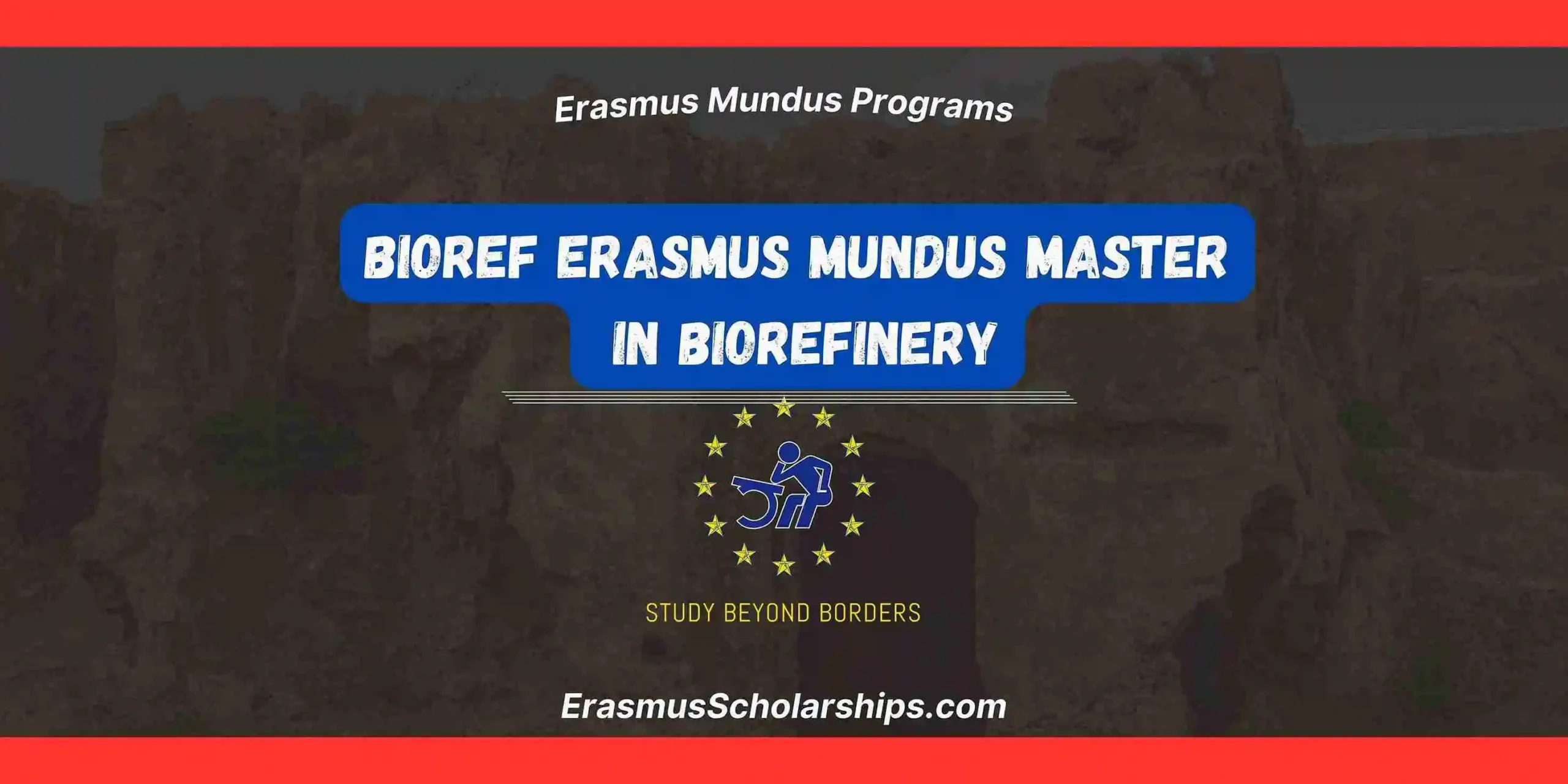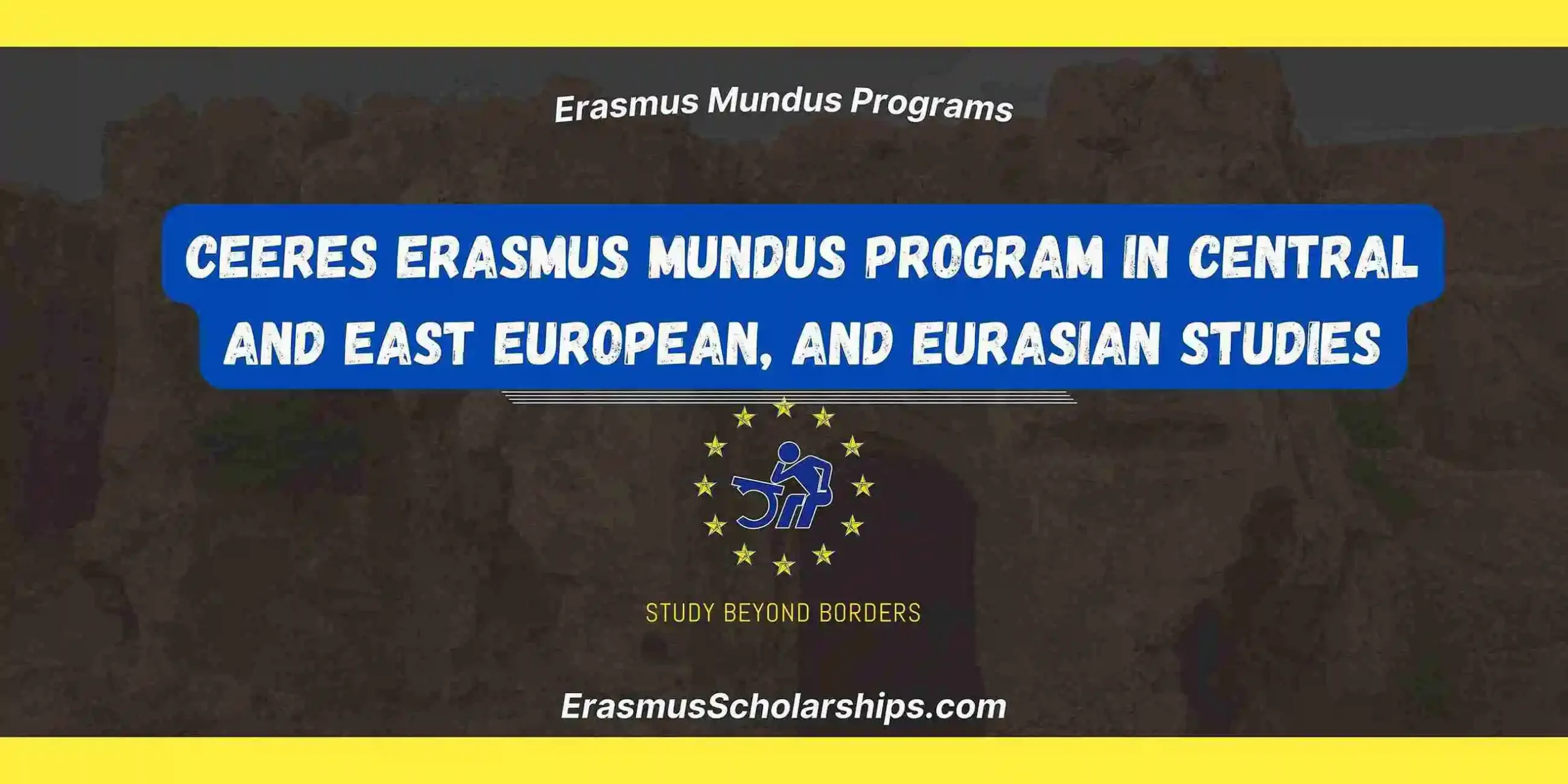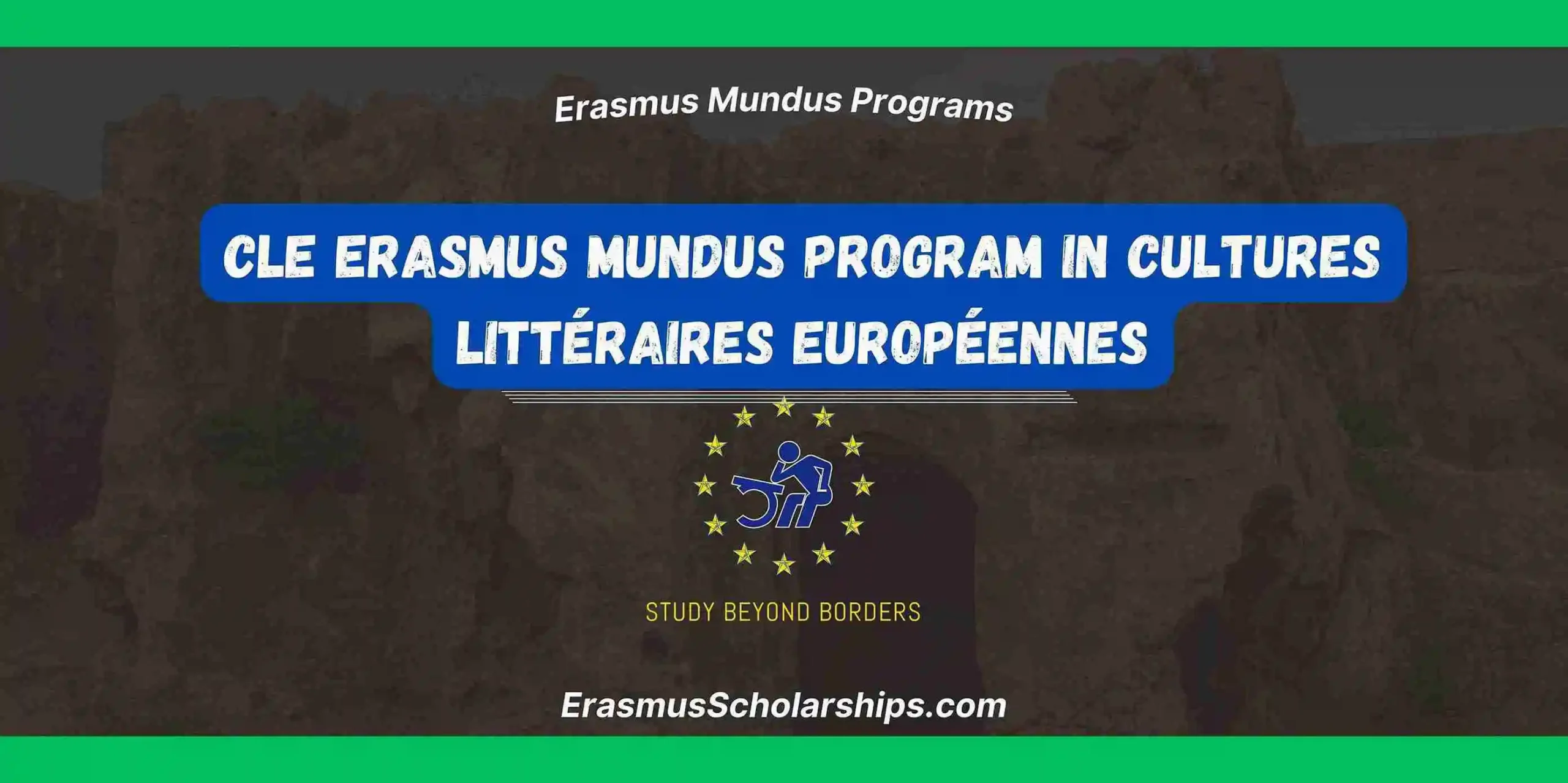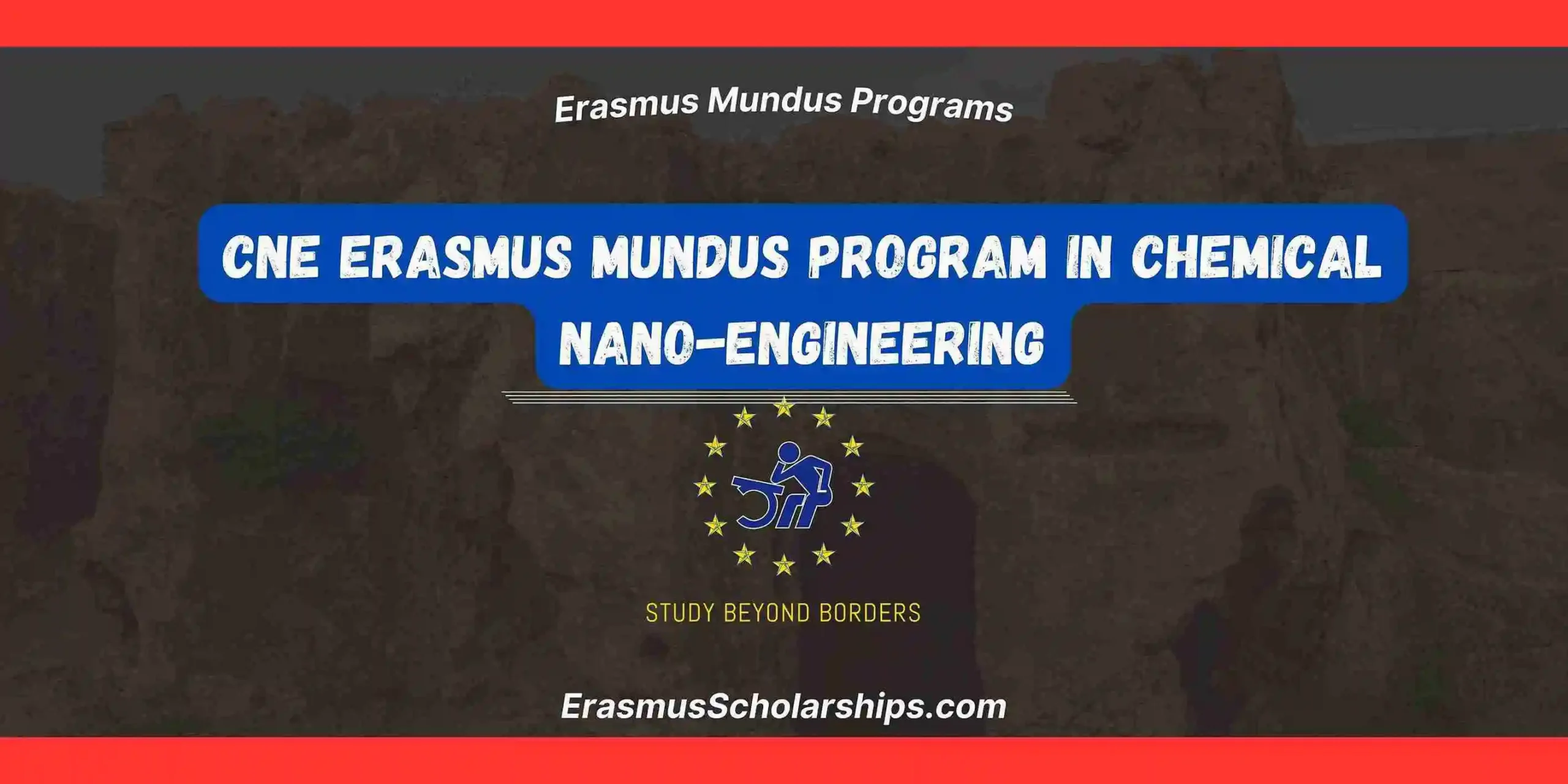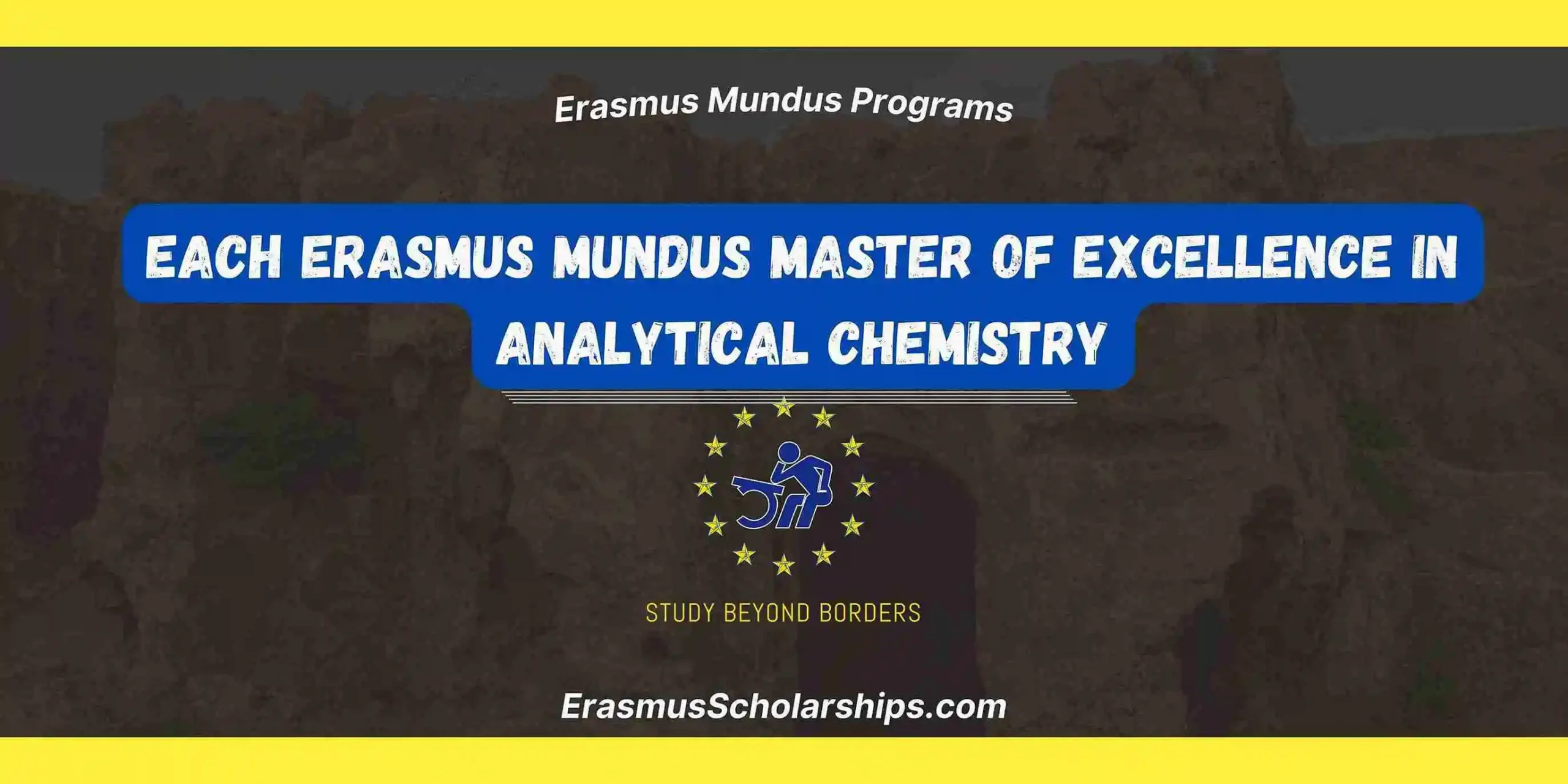Welcome to Erasmus Scholarships, your trusted platform to explore the world of Erasmus Mundus scholarships! I’m Usman Awan, an alumni of two Erasmus Mundus programs, and I created this website to help students like you win scholarships and succeed in studying abroad. In today’s blog, we will delve into one of the prestigious Erasmus Mundus programs: the MATHS-DISC – Mathematical Modelling, Simulation, and Data Science for Industrial and Societal Challenges.
Project Status
- Start Date: 01-10-2024
- End Date: 30-11-2030
- EU Grant: 4,864,800.00€
- Program: Erasmus+
- Key Action: Partnerships for Cooperation and Exchanges of Practices
- Action Type: Erasmus Mundus Joint Master
- Universities Involved
- Countries Involved
The MATHS-DISC program offers students the opportunity to study at five top-tier universities across Europe. These universities are leaders in the fields of mathematics, data science, and industrial challenges.
| Bergische Universität Wuppertal |
| National Technical University of Ukraine Igor Sikorsky Kyiv Polytechnic Institute |
| Universidade de Lisboa |
| Université Grenoble Alpes |
| Università degli Studi di Verona |
These universities offer a rich academic environment, providing students with exposure to cutting-edge research and opportunities for internships with industry partners.
| Germany |
| Ukraine |
| Portugal |
| France |
| Italy |
This cross-border collaboration allows students to gain an international perspective while studying and researching in the heart of Europe’s academic and industrial hubs.
Description of the MATHS-DISC Erasmus Mundus Program
The MATHS-DISC program aims to provide a comprehensive education in mathematical, computational, and data science skills necessary to tackle complex industrial and societal problems. The program covers a range of disciplines, including:
- Mathematical/Numerical Modelling
- Computer Programming and Simulation
- Data Science and Artificial Intelligence
Students will receive both theoretical and practical training through research-based learning, guest lectures, internships, and industry workshops. The program’s interdisciplinary approach prepares graduates to contribute to the digital and green transitions, advancing sustainability and innovation.
Mobility Tracks of MATHS-DISC Erasmus Mundus Program
The MATHS-DISC program emphasizes mobility, giving students the chance to study across different countries and universities. Students can choose their mobility track based on their specialization and previous academic background.
- First Semester: Foundations of mathematical modelling, programming, and simulation at any of the partner universities.
- Second Semester: Methods & Master Workshop to consolidate knowledge, participate in team activities, and network with alumni and industry experts.
- Third Semester: Specialisation courses in areas such as machine learning, computational finance, or data science, depending on the student’s chosen track.
- Fourth Semester: Internship and Master Thesis project, where students apply their learning to industrial and societal challenges.
Admission Requirements for MATHS-DISC Erasmus Mundus Program
To be eligible for the MATHS-DISC Erasmus Mundus program, applicants must meet the following requirements:
- Academic Qualification: A Bachelor’s degree (or equivalent) in Mathematics, Applied Mathematics, Physics, Engineering, Computer Science, Economics, Statistics, or a related field, with strong mathematical background.
- English Proficiency: Applicants must demonstrate fluency in English through one of the following tests:
- TOEFL: 80 (IBT)
- IELTS: 6.5 or higher
- TOEIC: 800
- Cambridge B2: 173 or higher
- Prerequisites: Knowledge of Calculus, Linear Algebra, Numerical Analysis, Programming, and Statistics.
How to Apply for MATHS-DISC Erasmus Mundus Program?
The application process for the MATHS-DISC Erasmus Mundus program involves several steps:
- Online Application: Visit the official MATHS-DISC website to complete the online application form.
- Required Documents:
- Passport or National ID
- Academic Transcripts (certified English translations)
- Motivation Letter
- CV in Europass format
- Proof of English proficiency
- Selection Process: Candidates will be evaluated based on academic performance, relevance of their background, motivation, and interview performance.
Tips to Win MATHS-DISC Erasmus Mundus Program
Winning an Erasmus Mundus scholarship for MATHS-DISC requires careful planning and preparation. Here are some essential tips to increase your chances:
- Strong Academic Record: Your Bachelor’s degree should have a solid foundation in mathematics, data science, or a related field.
- Compelling Motivation Letter: Clearly explain why you want to join the program, your career aspirations, and how it aligns with the program’s goals.
- Demonstrate Leadership and Initiative: Highlight any projects, work experience, or extracurricular activities that showcase your leadership, teamwork, and problem-solving skills.
- Prepare for the Interview: If selected for an interview, be ready to discuss your academic background, motivation, and how you plan to contribute to the program.
Deadlines of MATHS-DISC Erasmus Mundus Program
The MATHS-DISC Erasmus Mundus program follows specific application rounds:
- First Round: January 1st – March 15th (for EMJM, NDICI, and consortium scholarships).
- Second Round: May 1st – June 15th.
- Third Round: July 15th – August 31st (if available).
It’s crucial to apply early and gather all necessary documentation to ensure your application is complete.
Curriculum of MATHS-DISC Erasmus Mundus Program
Here are the curriculum tables for the MATHS-DISC program broken down by semesters and modules.
- First Semester
- Second Semester
- Third Semester
- Fourth Semester
| Course | Type | Area | ECTS |
|---|---|---|---|
| Mathematical Modelling in the Applied Sciences | Mandatory | MO | 6 |
| Functional Analysis | Mandatory | FO | 12 |
| Partial Differential Equations | Mandatory | FO | 6 |
| Elective Course in Computer Science | Elective | CS | 6 |
| Total | 30 |
For Students at Università degli Studi di Verona (UNIVR)
| Course | Type | Area | ECTS |
|---|---|---|---|
| Optimization | Mandatory | MO | 6 |
| Numerical Methods for PDEs | Elective | CS | 6 |
| Stochastic Calculus | Elective | MO | 6 |
| Numerical Modelling and Optimization | Elective | MO | 6 |
| Statistical Learning | Elective | DA | 6 |
| Analytical Mechanics | Elective | MO | 6 |
| Sustainable Entrepreneurship | Elective | 6 | |
| Total | 30 |
For Students at Bergische Universität Wuppertal (BUW)
| Course | Type | Area | ECTS |
|---|---|---|---|
| Optimization | Mandatory | MO | 6 |
| Numerical Methods for PDEs | Elective | CS | 6 |
| Stochastic Calculus | Elective | MO | 6 |
| Numerical Modelling and Optimization | Elective | MO | 6 |
| Statistical Learning | Elective | DA | 6 |
| Total | 30 |
Third Semester: Specialization
| Course | Type | Area/EP | ECTS |
|---|---|---|---|
| Discrete Optimization and Decision Making | Elective | CICO, LOGT, AGR | 6 |
| Foundations of Data Analysis | Elective | DA | 6 |
| Mathematical Modelling in the Applied Sciences | Elective | NRG, AGR, MED | 6 |
| Computational Game Theory | Elective | CICO, LOGT | 12 |
| Logistics, Operations, and Supply Chain | Elective | LOGT | 12 |
| Mathematical Finance | Elective | FIN, NRG | 12 |
| Numerical Methods for Mathematical Finance | Elective | FIN, NRG | 12 |
| Statistical Models for Data Science | Elective | DA | 12 |
| Data Fitting and Reconstruction | Elective | CS | 12 |
| Statistical Methods for Business Intelligence | Elective | FIN, NRG | 12 |
| Machine Learning for Data Science | Elective | DA | 12 |
| Reinforcement Learning | Elective | CICO | 12 |
| Data Visualization | Elective | DA | 12 |
| Parallel Programming | Elective | CICO | 12 |
| Mining Massive Datasets | Elective | DA | 12 |
| Natural Language Processing | Elective | CICO | 12 |
| Advanced Programming for AI | Elective | CICO | 12 |
| Total | 60 |
Fourth Semester: Internship/Master Thesis
| Course | Type | Area/EP | ECTS |
|---|---|---|---|
| Master Thesis | Mandatory | 32 | |
| Complementary Activity/Transverse Skills | Elective | ANY PATH | 4 |
| Total | 36 |
Coordinator Contact
For further inquiries about the MATHS-DISC program, feel free to reach out to the program coordinator:
- Email: secretary@mathsdisc.eu
Alumni Feedback
As an Erasmus Mundus alumni myself, I can attest to the transformative experience of participating in a program like MATHS-DISC. The international exposure, quality of education, and opportunities for research and internships are unparalleled. Graduates of this program are well-prepared for both academia and industry careers, with excellent employability prospects worldwide.
FAQs
What is the MATHS-DISC Erasmus Mundus program?
The MATHS-DISC is an Erasmus Mundus Joint Master Degree that offers training in mathematical modelling, simulation, data science, and artificial intelligence to solve complex industrial and societal challenges.
How long is the MATHS-DISC Erasmus Mundus Program?
The program lasts two years, consisting of four semesters (120 ECTS).
Are scholarships available for MATHS-DISC?
Yes, the program offers EMJM scholarships, NDICI targeted regions scholarships, and consortium-funded scholarships, covering tuition, travel, accommodation, and subsistence costs.
Can I choose the university I want to study at in MATHS-DISC Erasmus Mundus Program?
Yes, you can choose your mobility track, which includes studying at different universities across Europe.
What documents do I need to apply for MATHS-DISC Erasmus Mundus Program?
You’ll need your academic transcripts, proof of English proficiency, a CV in Europass format, a motivation letter, and your passport or national ID.
What is the selection procedure for MATHS-DISC Erasmus Mundus Program?
Selection is based on your academic background, CV, motivation, and an interview with the selection committee.
How can I improve my chances of winning the scholarship in MATHS-DISC Erasmus Mundus Program?
Focus on maintaining a strong academic record, writing a compelling motivation letter, and preparing well for the interview.


